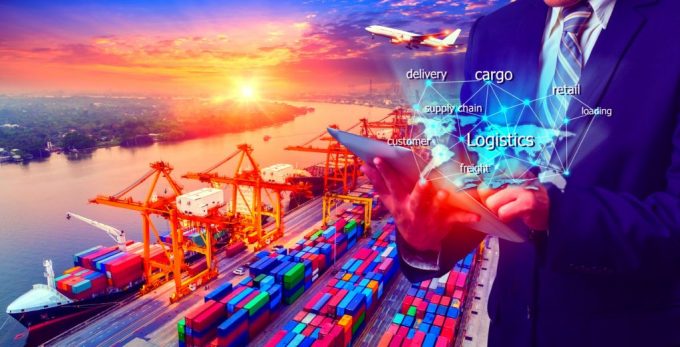Indian coastal freight attracts major carriers, but regional tension disrupts
India’s growing coastal freight demand looks like the next target for foreign container lines amid ...

Supply chain stakeholders are increasingly integrating digitalisation, which is paramount to “staying ahead of the curve”, according to Maersk.
Supported by Maersk, Economist Impact conducted a research project based on insights collected from senior executives working in supply-chain management.
This report identified the short-term challenges, long-term ...

Comment on this article